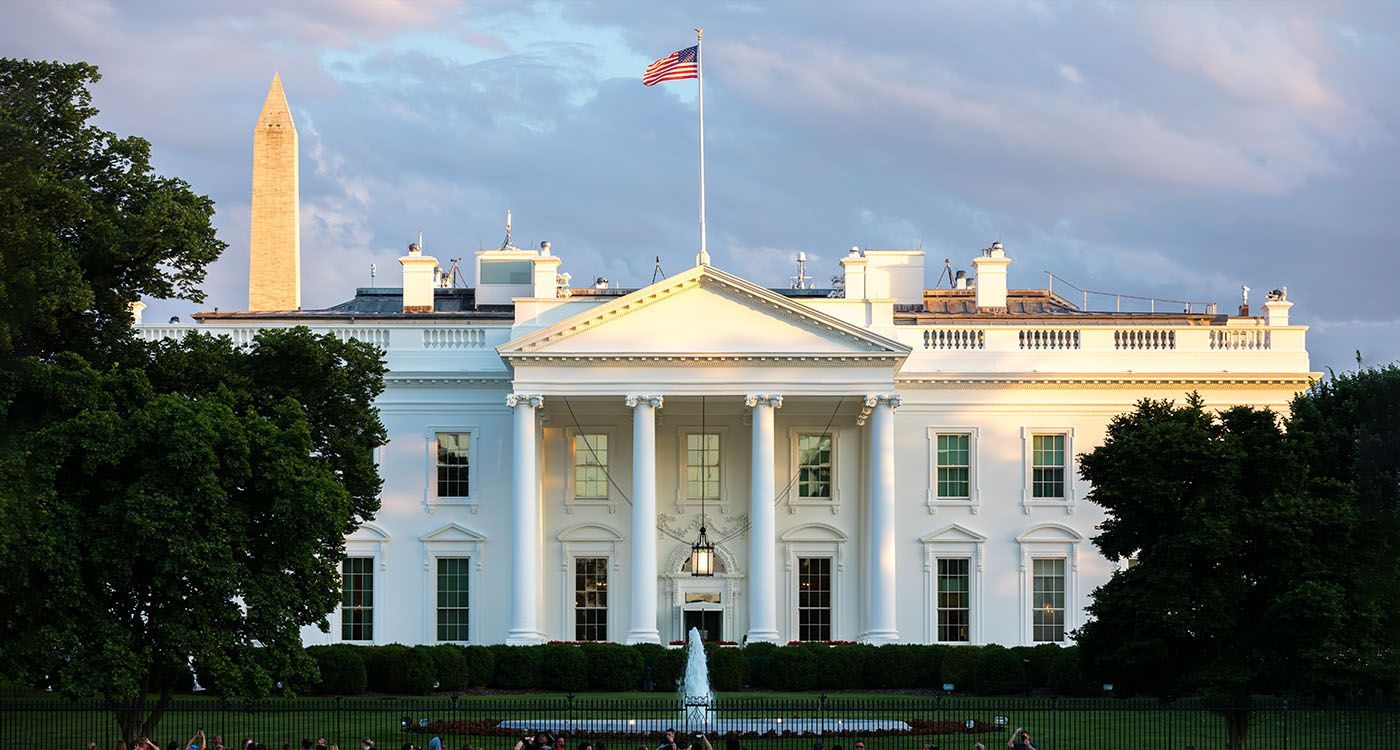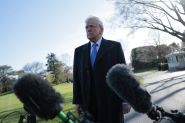- Home
- Middle East
- Express Cleanup Before Change of Tenant

©Matthew Hodgkins / Shutterstock.com
On January 20, Donald Trump will move into the White House. Since his election on November 5, everything has changed. The world no longer looks the same. History has shifted into high gear, picking up speed, as if the new world Donald Trump is about to oversee requires a complete reset.
Just a few weeks ago, the defunct “Axis of Resistance” still managed to maintain its facade. From Iran — both a bystander and instigator — to Lebanon, passing through Gaza, Syria, Iraq, and Yemen, the fronts were numerous. But the pretense has crumbled, revealing an empty shell.
The turning point began in Lebanon. Defying the predictions of many analysts, a ceasefire was reached — more precisely, a Hezbollah surrender deal — granting the Israeli army unrestricted freedom of action. Naturally, the illusion of victory was kept alive by those committed to the cult of mandatory martyrdom.
Yet, the stark truth is undeniable. The constant buzz of drones over Beirut serves as a harsh reminder to the last 'believers' in the divine narrative. It underscores who the real winner in this war is — a war as pointless as it was deadly, claiming 4,000 lives.
The Lebanese have begun tending to their wounds and taking the first steps toward reconstruction, holding onto the hope that this will be the last war, despite Iran’s promises to continue fueling the fires of hell.
In Gaza, Hamas faced a defeat. Rocket fire on Israel became increasingly rare, then almost nonexistent. Negotiations over the hostages entered the final stage. An agreement is likely to be reached before Donald Trump's inauguration. As the saying goes, we know what we lose, but we don’t know what we’ll find. Trump has made it clear: If Hamas has not freed the hostages by the time he takes office, “they won’t like his reaction!” Meanwhile, in the remaining tunnels of Gaza, the surviving leaders of the Palestinian movement are frantically tugging at their beards in a desperate last-ditch effort to secure a deal that will preserve at least some semblance of dignity — though success is far from guaranteed.
They would be wise to look to the northeast, in Syria. The Khmer Rouge of the Middle East were toppled in just a week. Half a century of the Assad family’s bloodthirsty rule crumbled almost without resistance. What we are now uncovering, following Bashar al-Assad's ignoble escape, is far worse than even the darkest tales that have circulated for decades.
No one knows what the future holds for Syria. Ahmed al-Chareh, the leader of the rebels, is making gestures of goodwill, promising a united and tolerant Syria. Meanwhile, Turkey, a NATO member, has been entrusted with managing the situation. Iraq, fully aware of what’s at stake, has sealed its border and is working to prevent any militant actions from pro-Iranian militias that could destabilize its fragile balance. Should things spiral out of control, the matter will be settled within the various Shiite factions, with the most influential advocating for the country's "Arabness" — in other words, distancing themselves from the burdensome mullahs of Tehran.
This brings us to the central question: Iran. The key issue is where and when the great deal will take place. Does Donald Trump intend to take charge of the situation directly? Will there be a large-scale Israeli attack before his inauguration? One thing is certain: stripped of their strategic depth, the ayatollahs are weakened. The Iranian people, known for their high level of education, are increasingly showing signs of rebellion. While it may not be fully realized yet, what has transpired over the past few weeks has likely signaled the end of the Iranian Islamic revolution in its expansionist vision.
During a meeting with journalists three days ago, the US president-elect, while providing an overview of the state of the world, stated that the most complex issue for him would be the Russo-Ukrainian carnage — not the Middle East. A seemingly minor remark that could help explain the unlikely sequence of events unfolding in our region. As De Gaulle once said, "To focus on the future, one must close the chapter on the past." The real challenge, however, lies in translating this remark into Persian.
Read more




Comments